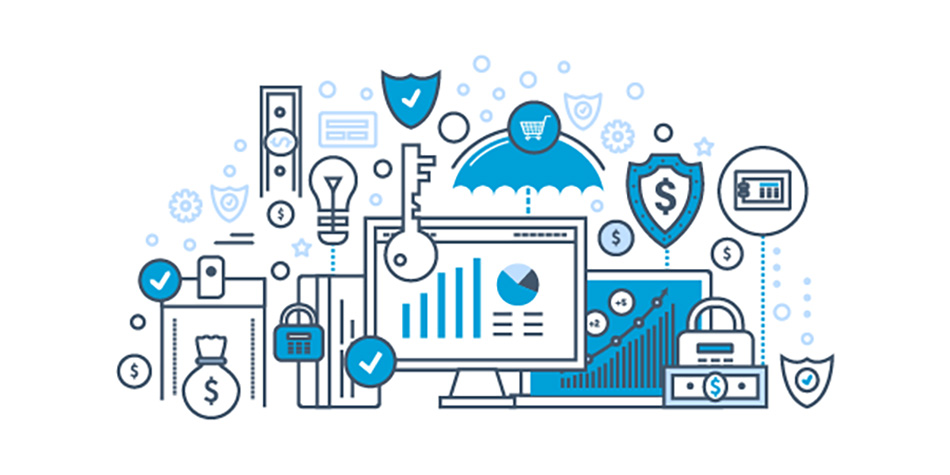
Driving Down the Cost of Ediscovery Part 7
Saving Money in Ediscovery and Beyond
The essence of ediscovery is twofold: managing data and extracting useful information that can then be used to tell a story. Learning how to accomplish these goals cost-effectively requires both a mindset and a skill set that have wide potential applications.
Spending Less on Ediscovery (and Litigation as a Whole)
Throughout this blog series, we’ve reviewed ways to reduce spending on ediscovery and litigation. We started with a discussion of how to reduce the amount of data that your organization retains (and that you have to manage) through thoughtful information governance and defensible data deletion. From there, we discussed how planning in advance and building a well-rounded team can dramatically improve litigation outcomes, reduce expenses, and accelerate resolution of litigation matters as well as investigations of all types, which itself lowers risk and reduces stress.
Because litigation demands evidence, we reviewed ways to preserve the right data through robust, consistent, well-designed legal holds. We looked at how preserving data in place can save on collection and data hosting, enabling the use of phased discovery. We explained the importance of creating an ediscovery repository where critical institutional knowledge can be sequestered for safekeeping, thereby saving money and time on future matters while also providing the data that can inform better decision-making by the organization as a whole.
The cost of ediscovery is skyrocketing as data volumes and complexity continue to expand. At the same time, corporate legal teams are frequently asked to do more with less while taking on additional responsibilities.
Moving to the middle stages of ediscovery, we considered how you can employ in-house data culling and processing methods to focus on the information that moves the needle, without getting distracted by duplicates and other irrelevant data. Finally, we talked about the importance of efficient document review software, using built-in analytics and artificial intelligence to focus on the most important data.
Extending These Cost-Saving Lessons Beyond Litigation
Managing data and extracting the most useful elements from it to aid in developing a narrative are goals that apply to far more than just ediscovery; they touch on much of what organizations seek to achieve. It’s clear, then, that the tasks of ediscovery — including the people, processes, and technologies that accomplish those tasks — have wide application beyond litigation. Many legal teams are finding synergy in their ediscovery initiatives by considering how they can leverage their ediscovery expertise and their business processes in support of non-litigation functions. Examples of this include:
- responding to regulatory, subpoena, and record requests;
- supporting internal investigations;
- investigating and addressing cybersecurity incidents;
- providing for GDPR privacy audit and data access requests; and
- participating in merger, acquisition, and divestiture due diligence.
Often these related business processes face challenges that are similar to those that ediscovery professionals have already overcome. Corporate initiatives in these related areas can offer new resources and sources of funding, especially when that organization takes care to align its goals and its business objectives. The knowledge, goals, and skills of ediscovery are directly applicable, including assessing where data exists within the organization, how to access and review that data, and how to mitigate the risks of data by protecting privilege and confidentiality.
Elevate Your Ediscovery:
Have you made plans to attend PREX 2019? If not, now’s the time to act. We’ll be convening in Chicago from September 17 – 19 with an agenda designed around creating actionable strategies for in-house ediscovery. That includes a series on ediscovery best practices, including one session entirely focused on how ediscovery professionals provide value beyond litigation. You won’t want to miss it!
We’ve reached the end — for now, at least — of our series on Driving Down the Cost of Ediscovery. If you missed last week’s post about reducing costs through in-house culling and processing as well as saving money on the biggest line item in ediscovery (spoiler alert: we’re talking about document review), click here to view.
We’ll be continuing our broader Elevate Ediscovery series, bringing you practical guidance and actionable tips about an array of ediscovery topics, based on our extensive industry experience. Next up in our series, we’ll be discussing legal holds — the foundation for preservation, and thus for all of ediscovery — from start to finish. Stay tuned for more helpful advice about managing your ediscovery obligations and maximizing your organization’s return on its investments.




